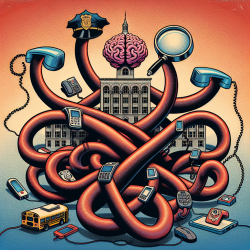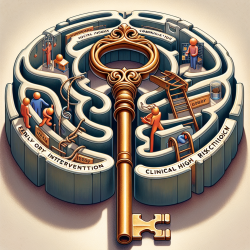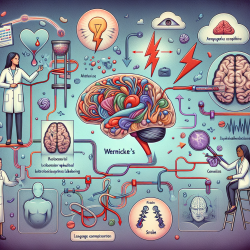Understanding the Data: A Deep Dive into Boston Schools' 911 Calls
The study "Calls from Boston Schools for Police Psychiatric Emergency Response: A Study of 911 Call Record Data from 2014 to 2018" offers a compelling look into the frequency and nature of emergency calls made from Boston public schools. Analyzing over 12,000 calls, this research provides critical insights into how often schools rely on police for psychiatric emergencies and physical altercations.
Key Findings: When and Why Are Calls Made?
Data reveals that calls peaked around midday, with a significant number related to psychiatric crises and assaults. Interestingly, calls labeled as Emotionally Disturbed Person (EDP) were more frequent earlier in the week, while assault-related calls increased as the week progressed. Additionally, there was a notable rise in calls during late spring.
Implications for Schools and Practitioners
These findings underscore the urgent need for enhanced mental health resources within schools. By understanding when and why these calls occur, practitioners can advocate for strategic resource allocation. Here are some actionable steps:
- Midday Resource Allocation: Increase staff presence during lunch and recess to mitigate unstructured time when incidents peak.
- Weekday Strategy: Implement programs that address early-week psychiatric distress and late-week peer conflicts.
- Seasonal Adjustments: Enhance support services in late spring to manage the increase in emergency calls.
Encouraging Further Research
While this study provides a solid foundation, there is a need for further research to explore the underlying causes of these calls and the effectiveness of interventions. Future studies could focus on:
- Detailed analysis of incident outcomes post-911 call.
- Exploration of alternative emergency response models, such as integrating mental health professionals in crisis situations.
- Comparative studies across different districts to identify best practices.
Conclusion
The reliance on police for psychiatric emergencies in schools highlights a gap in mental health resources that must be addressed. By leveraging data-driven insights, schools can implement targeted interventions to reduce the need for emergency calls, ultimately creating safer and more supportive environments for students.
To read the original research paper, please follow this link: Calls from Boston Schools for Police Psychiatric Emergency Response: A Study of 911 Call Record Data from 2014 to 2018.










